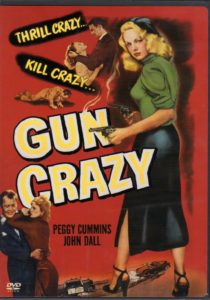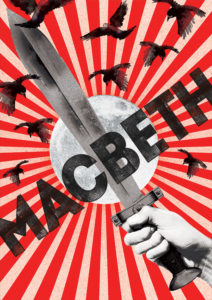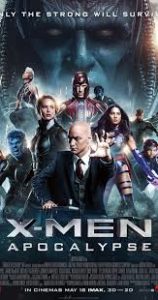Robert A. Heinlein famously set forth his 5 rules for success as a writer. If you go to a SF convention and they are brought up at a writing panel there is almost always contentious disagreement on exactly how good and how much you should implement the various rules. Since I have a shortage of humility here are my thoughts on the 5 rules.
Rule 1: You Must Write.
Okay this is a very good rule and usually one that doesn’t promote arguments. Clearly if you do not write you can not be a writer, but I find the rule too vague on how much and how often you should write. Some author prescribe that you must write every day, but that’s too much for me. I personally write 5 days a week. Monday through Friday, leaving my weekends for fun and relaxation. This schedule of writing has been very beneficial for me and I believe that you should have a schedule to your writing. maybe 7 days a week is right for you, maybe three days a week, maybe even just 1 day a week. Whatever it is I think you should have one and you should stick to it. If you rely on inspiration and mood you’ll spend more time dreaming and less time composing. It is the act of actually composing where you practice your craft and you have to do it to get better. Screw waiting for the muse, get out there and write. We go to our day job without the muse’s help writing is the same way.
Rule 2: You Must Finish What You Write.
I have a whole essay on my thoughts that the most important skill a writer can master is completing the tale; this is the same thought. An unfinished piece is no good to anyone, not even the writer. Mind you not all pieces can be completed, but you need to avoid quitting because it got hard or you got lost. that can be a habit and a very bad one. It’s been more then ten years since i started a novel and not finished writing it. Some of those I did finish were garbage and you will never see them, but they were completed.
Rule 3: You Must Refrain From Rewriting; except to editorial order.
Oh, this is the rule everyone fights over. Let me give you my take on it. This rule is not an excuse to avoid proofreading and corrections. This rule is an excuse to avoid polishing your prose and tightening your plot. This rule in my opinion is not about revision but about rewriting. It is about second guess that voice inside you that has something to say. It is about letting fear take out the thing you think really matters because you’re afraid how people will take it. It’s about making your stuff dull and lifeless and like everything else out there because a million voices are yelling that you’re doing it wrong. Trust that your vision, your idea, your voice is worth the time and don’t back down from what you want to say. (The editorial order is a concession that checks in hand beat art and principle and may have been more of his public image than hi actual practice.)
Rule 4: You must put the work on the market.
Well, you want to be a professional and paid writer, yeah you gotta do that. If you want it on your blog, something that didn’t exist in 1947 when these rules were drafted, knock yourself out. The point is get coin for your words you must overcome the quite common fear of rejection. Strangely enough this has been the least problematic rule for me. I send it out, I get rejections, and move on, rarely worrying about that rejection for more than a moment.
Rule 5: You must keep the work on the market until it is sold.
Don’t surrender on the first rejection. Really if you’ve survived the first, the second stings far less. The truth of the matter is a single rejection tells you nothing except that the piece did not work for that editor on that day. You need to send it back out, again and again until either you sell or there are no market left. Now perhaps no markets left means – no paying markets, no markets you’d care to be seen dead in, that doesn’t matter. As long as there is a market where the piece might work, send it out. It is your job to write it it is the editor’s job to rejection and never do the editor’s job for them.
Well that’s my thoughts on the five famous formulations.






